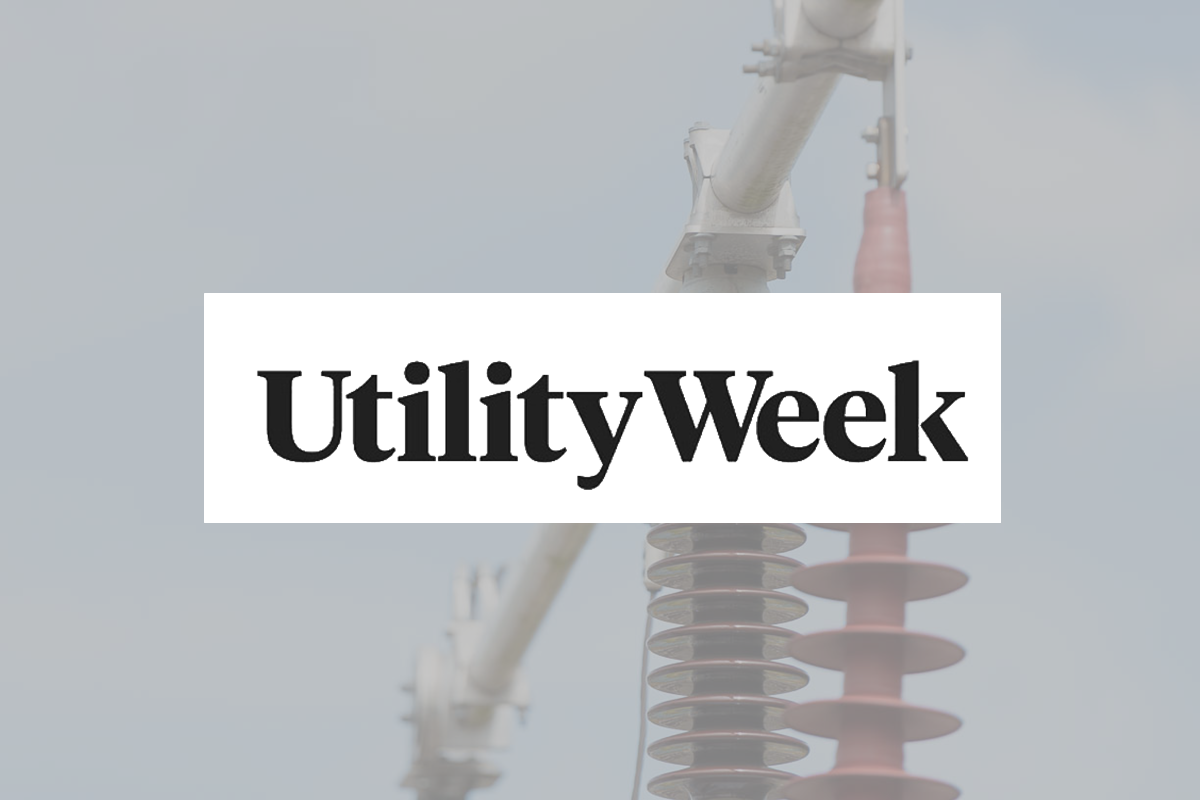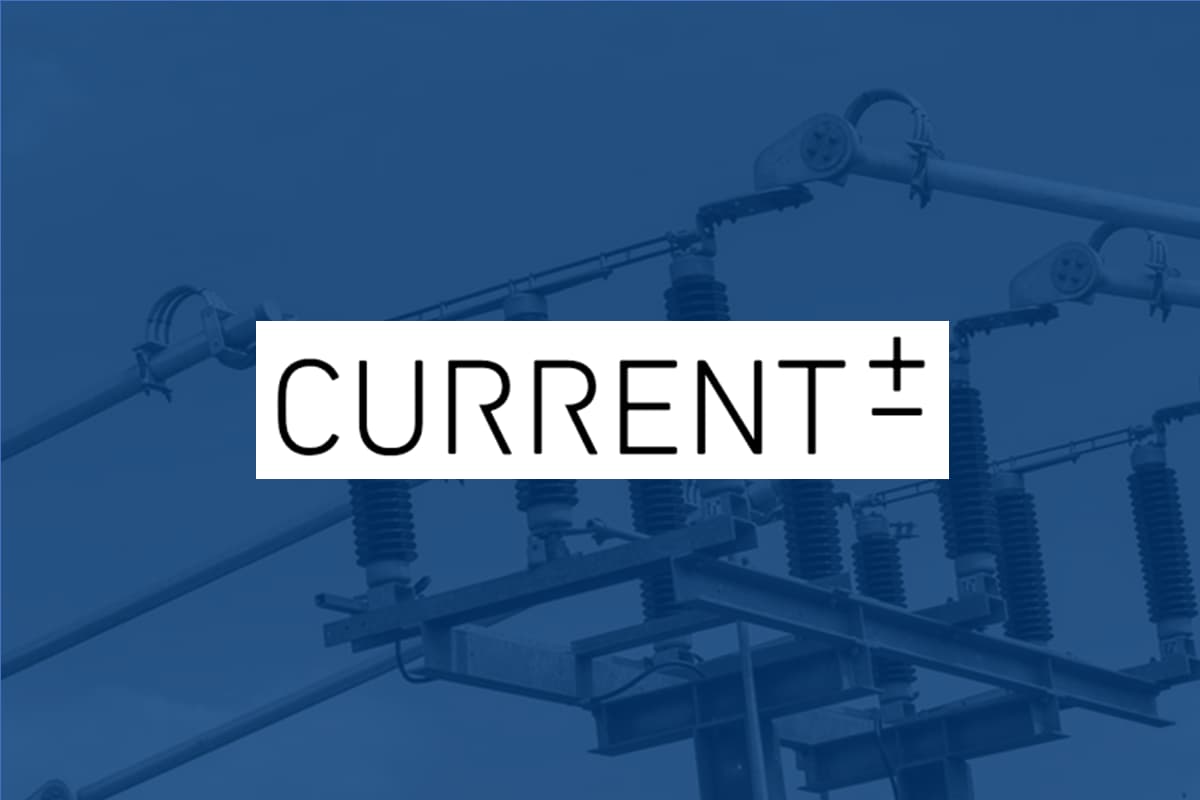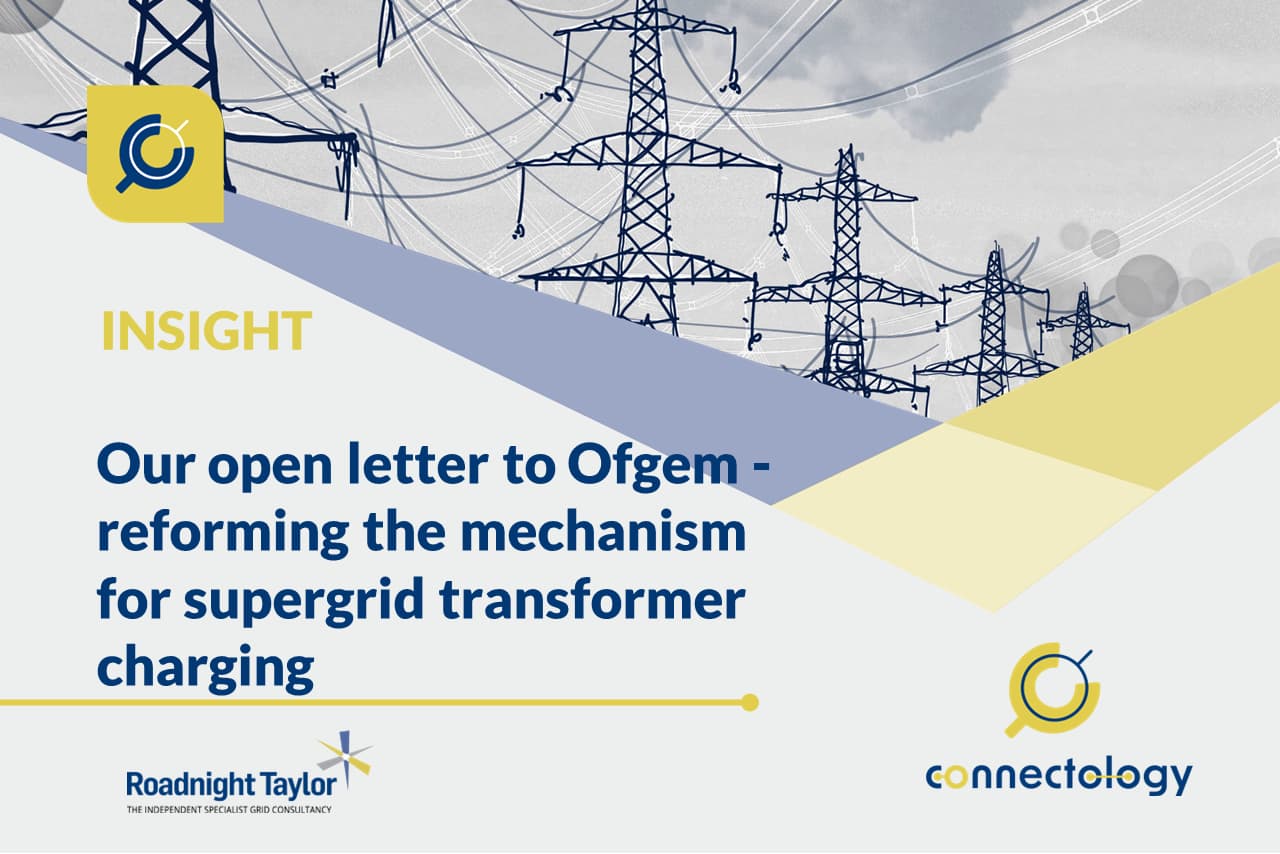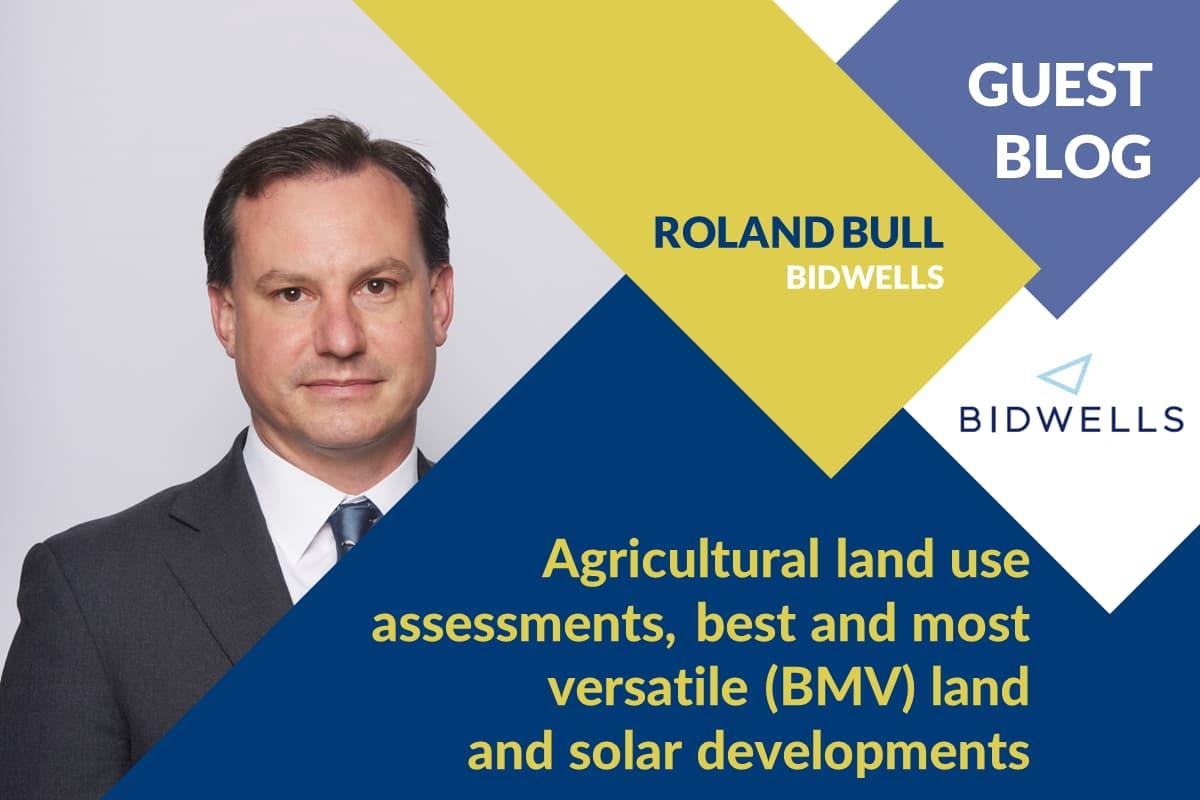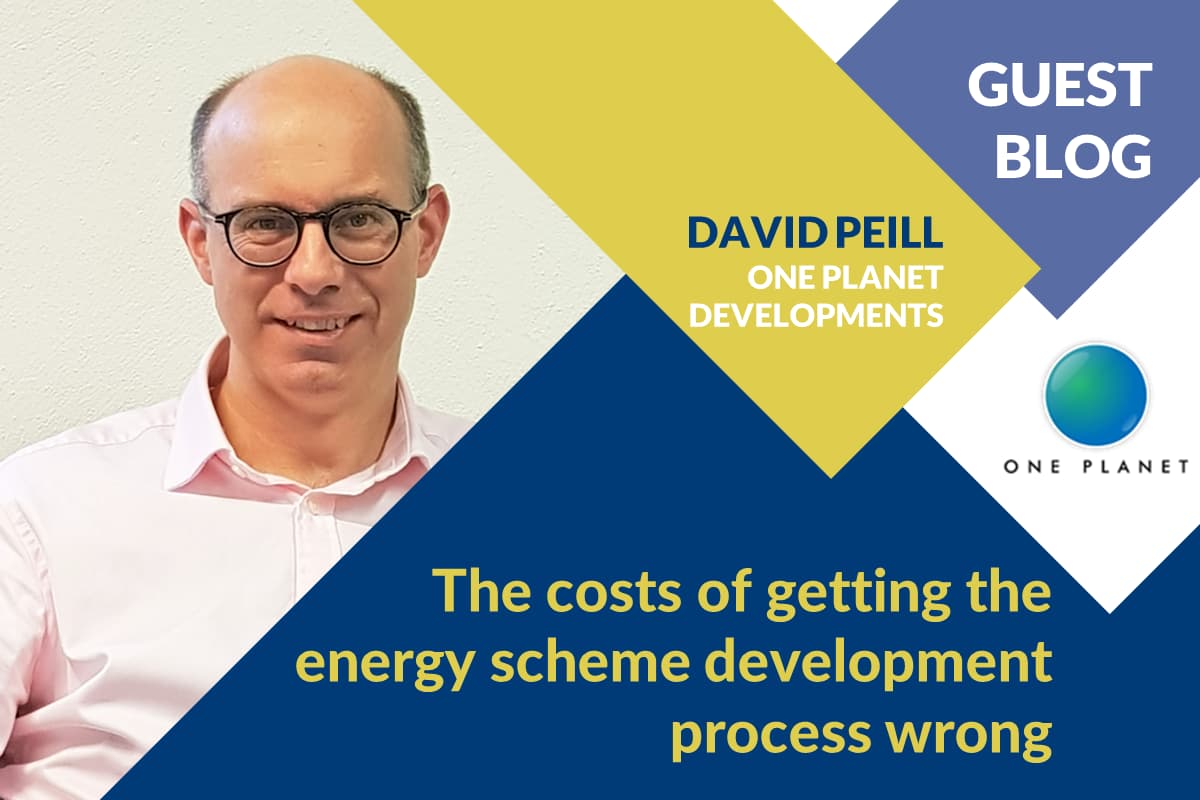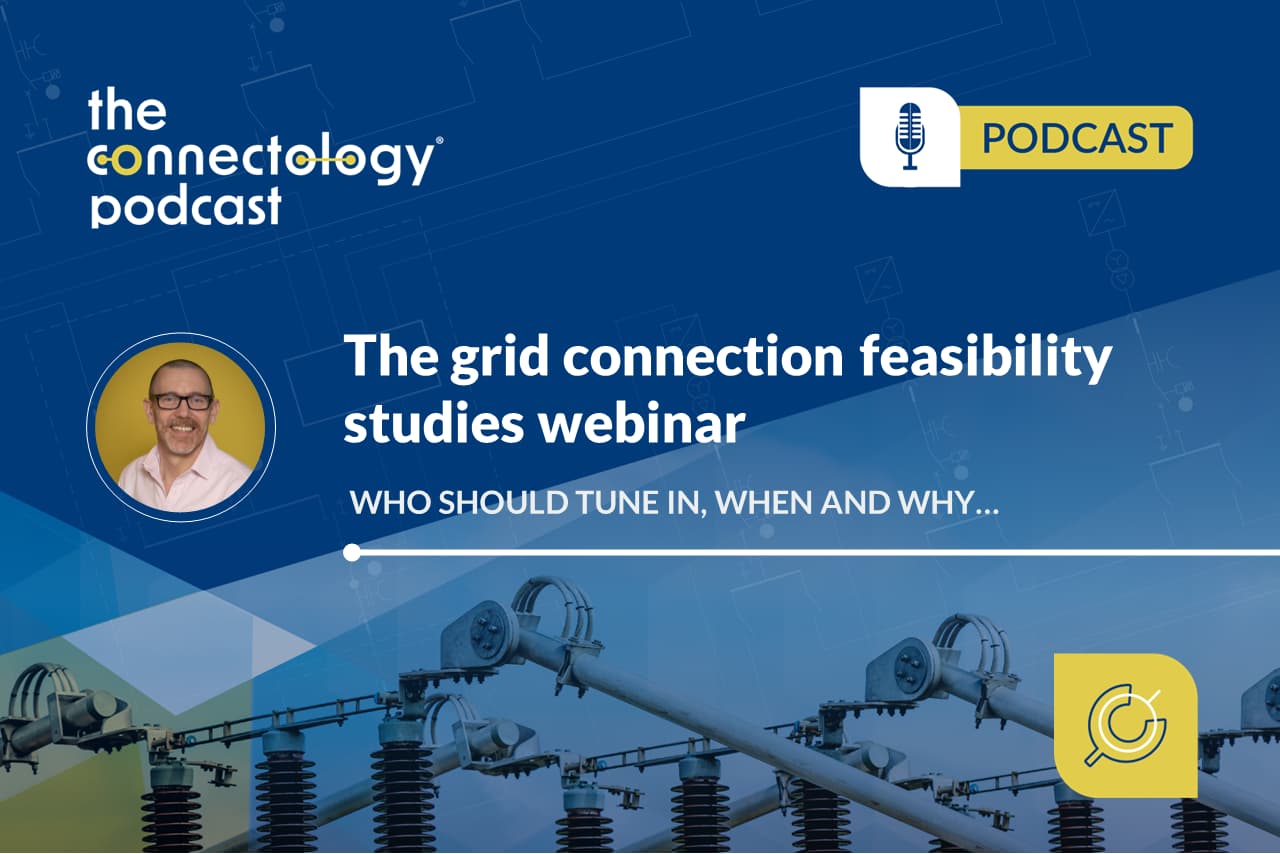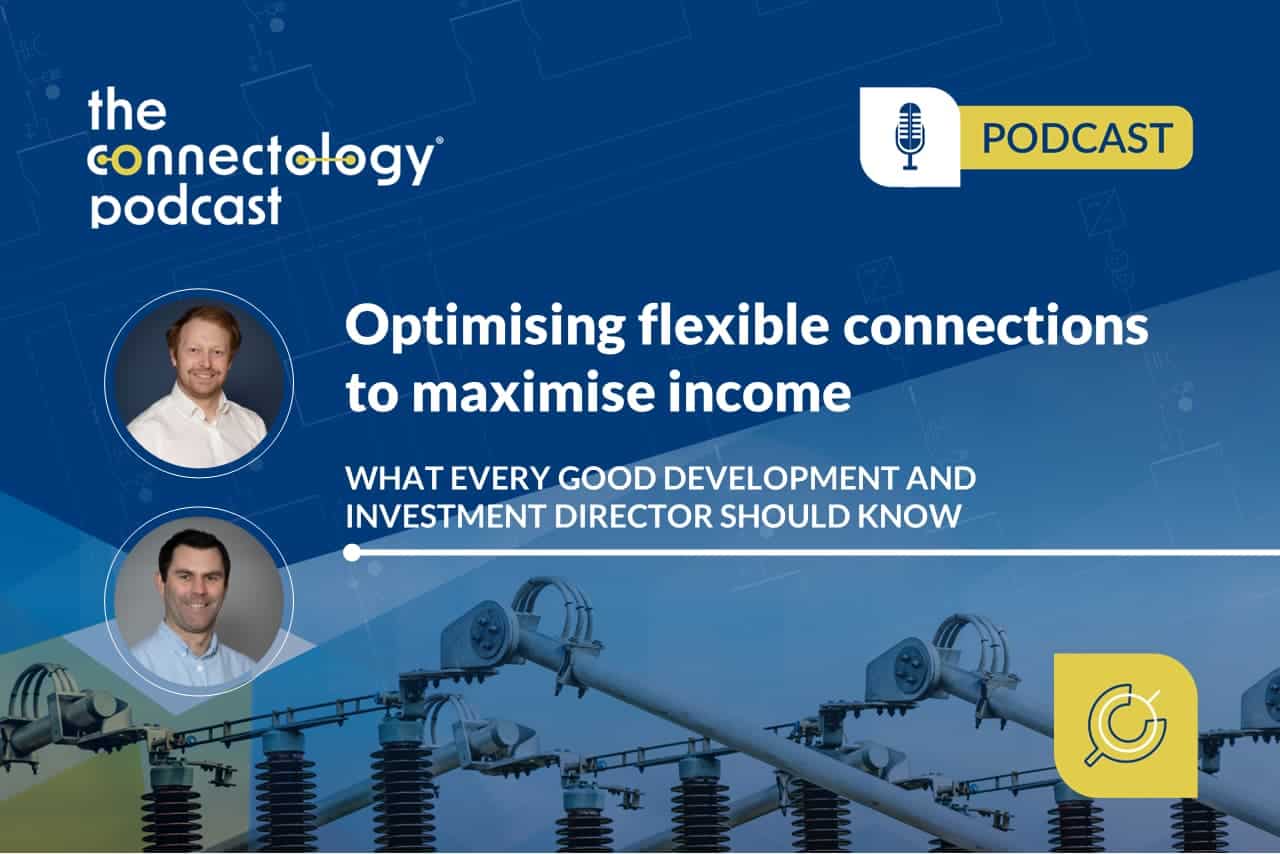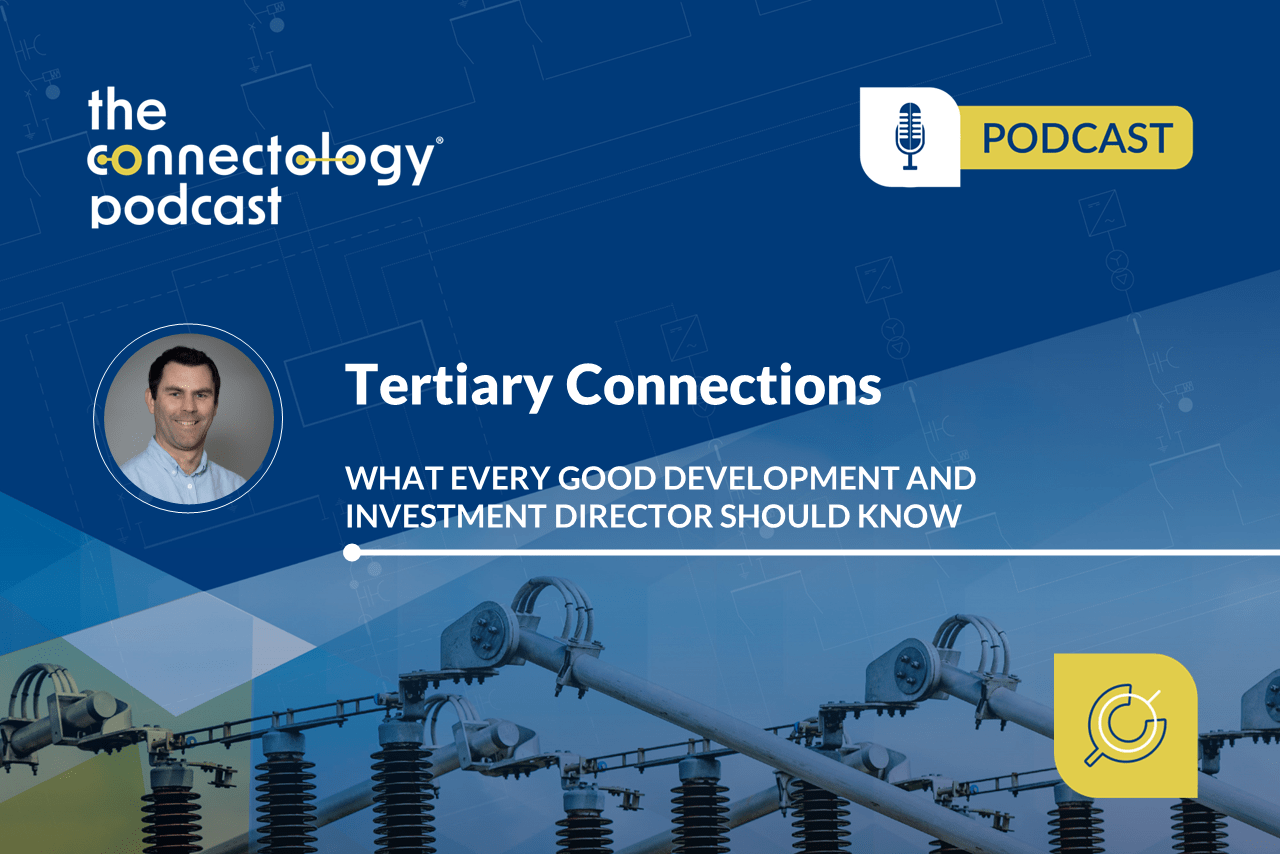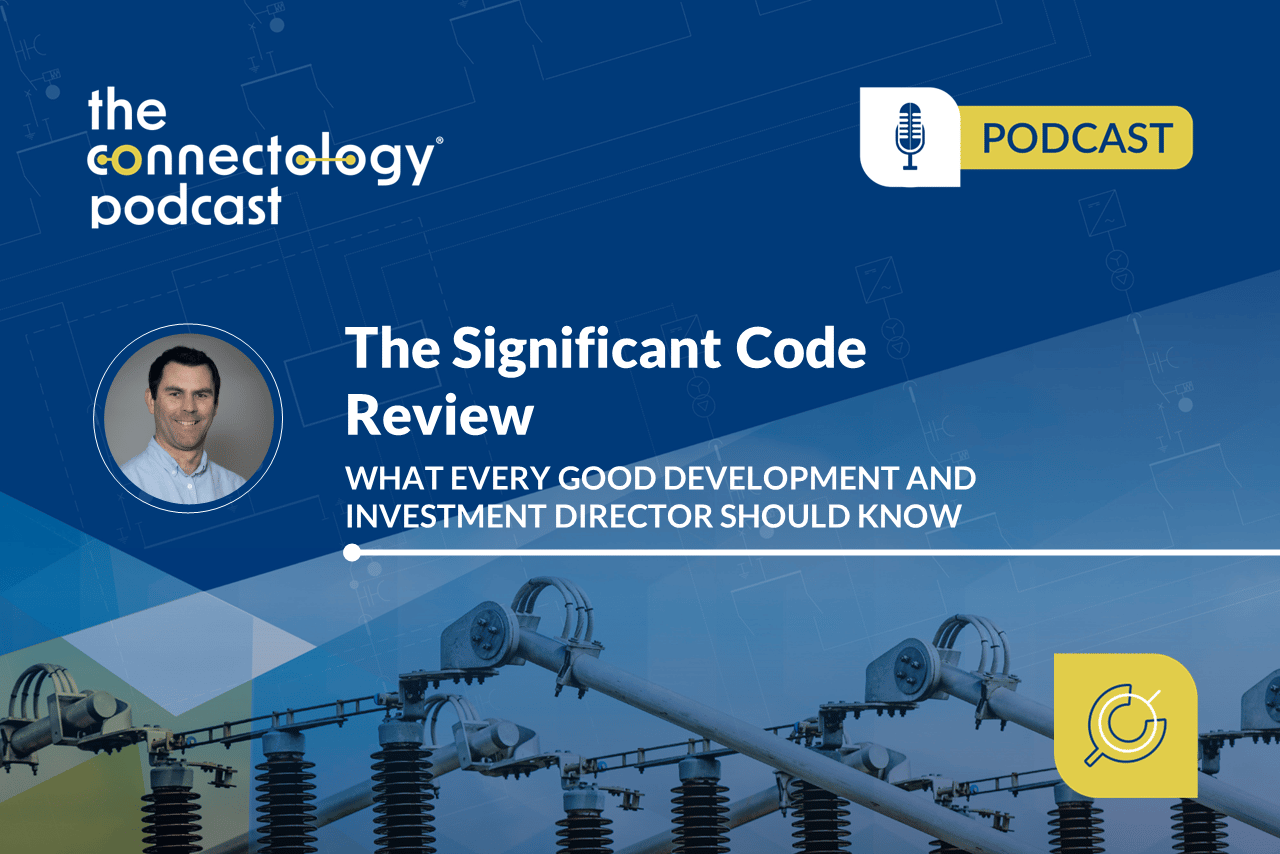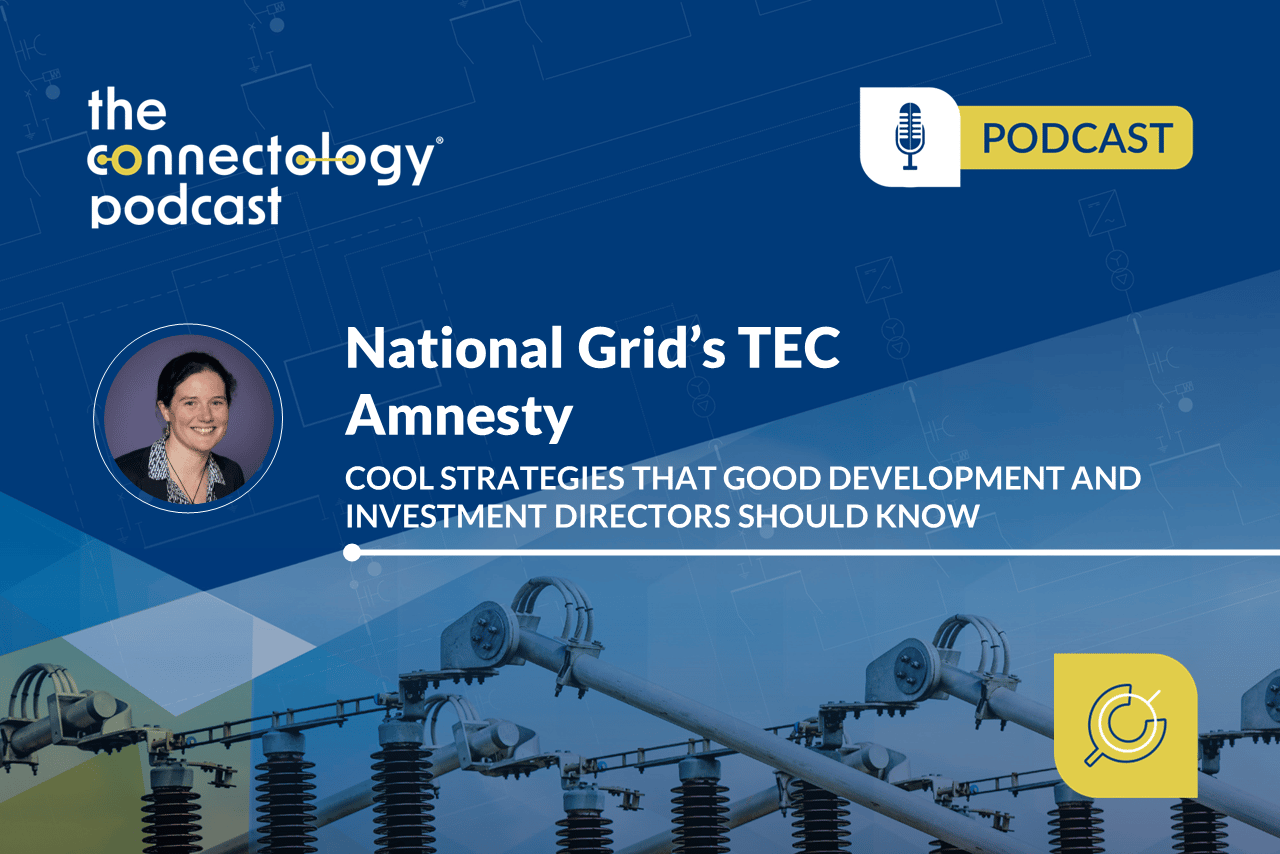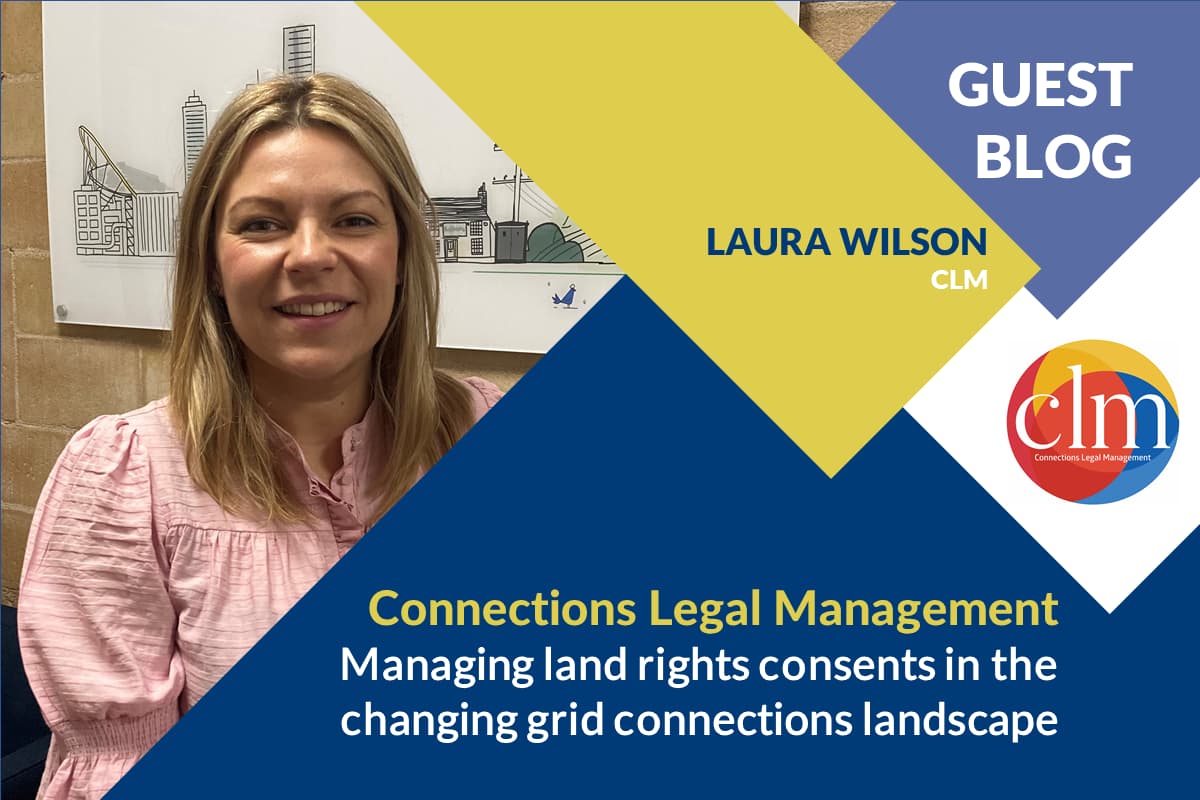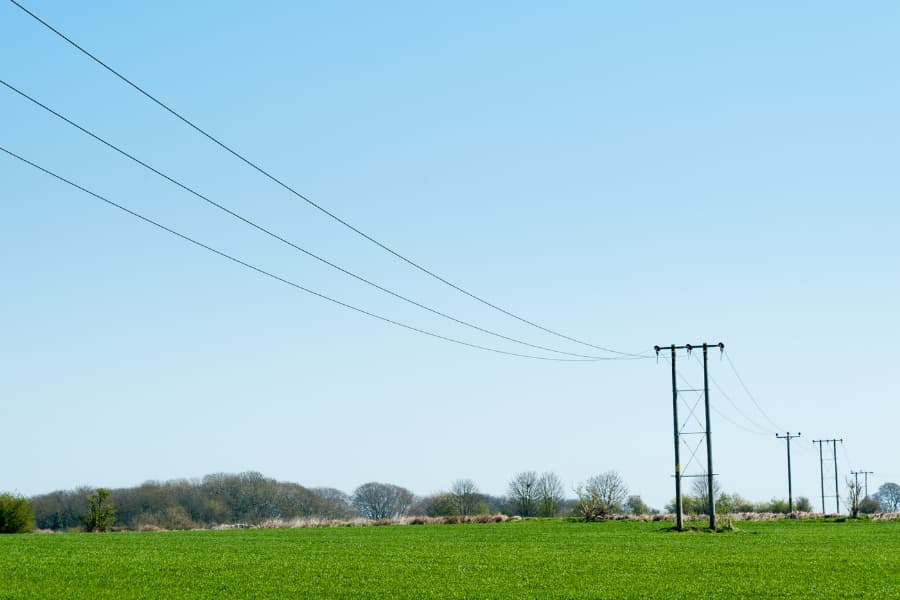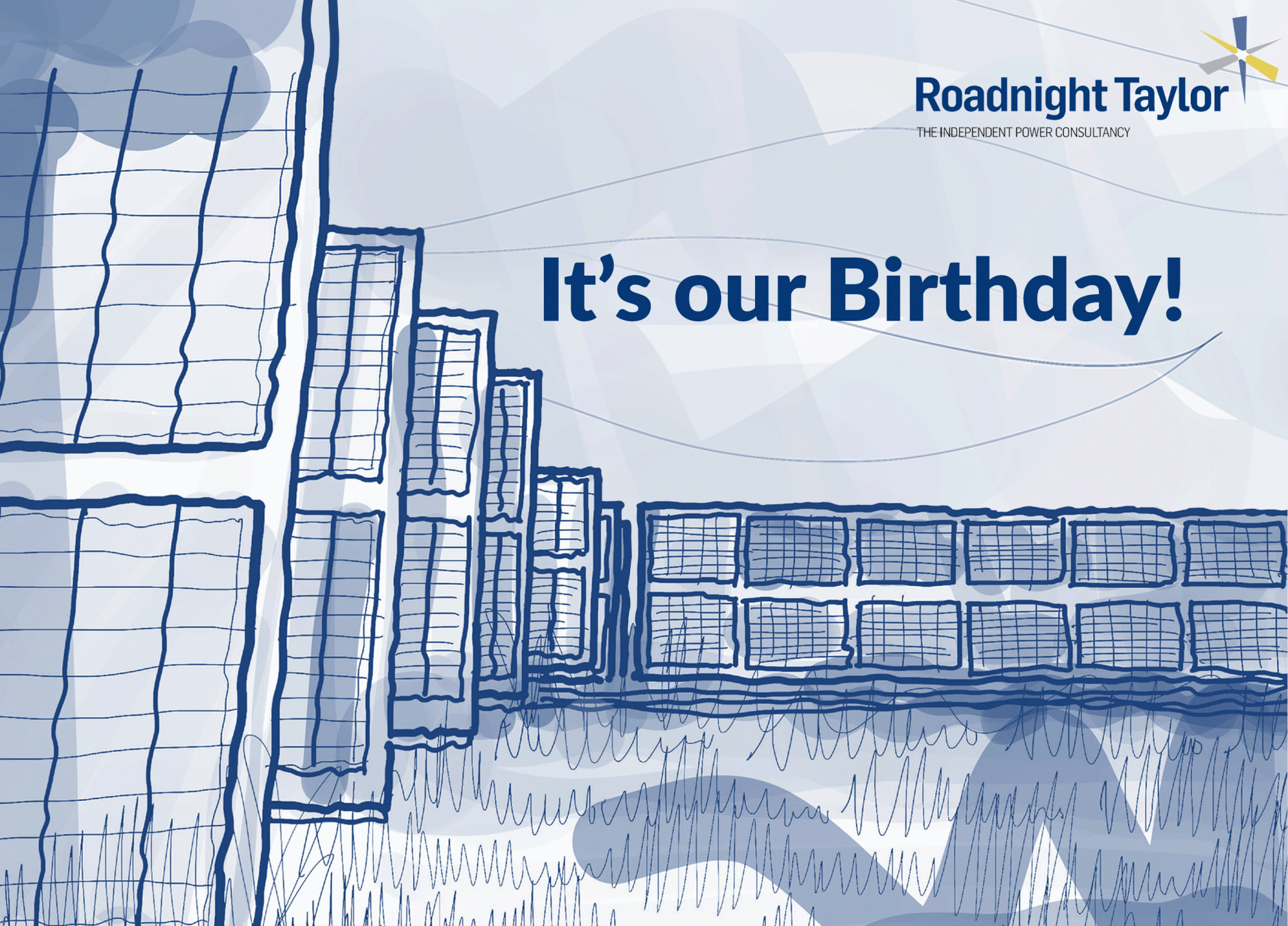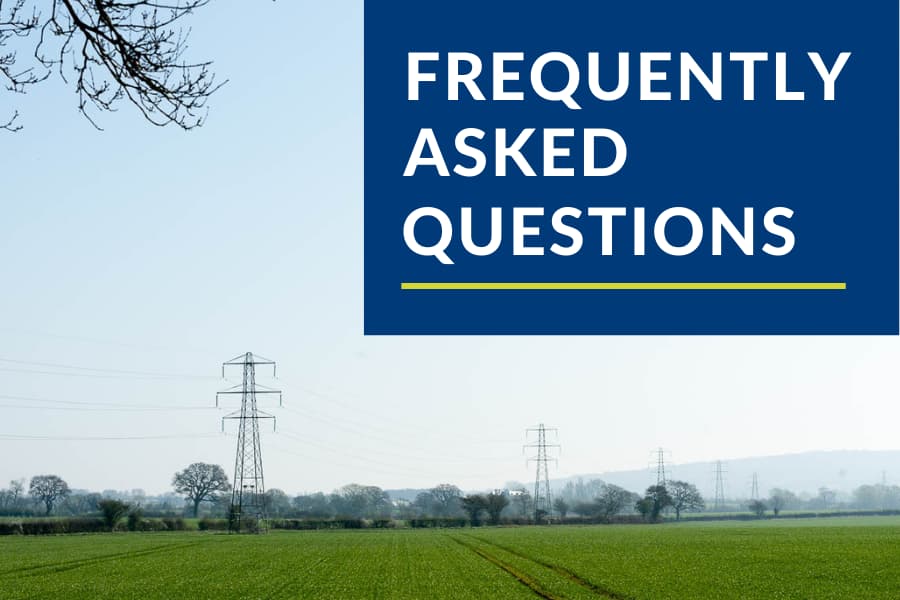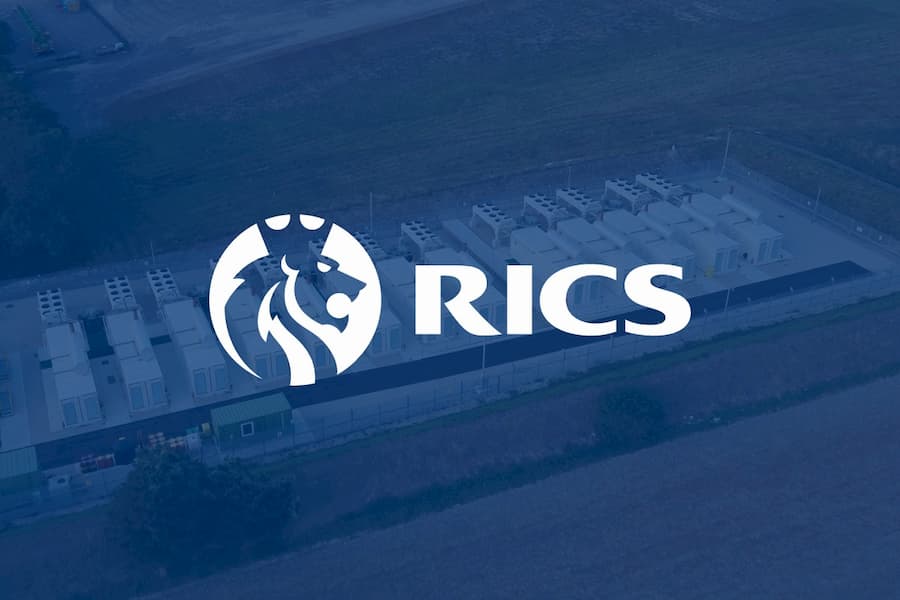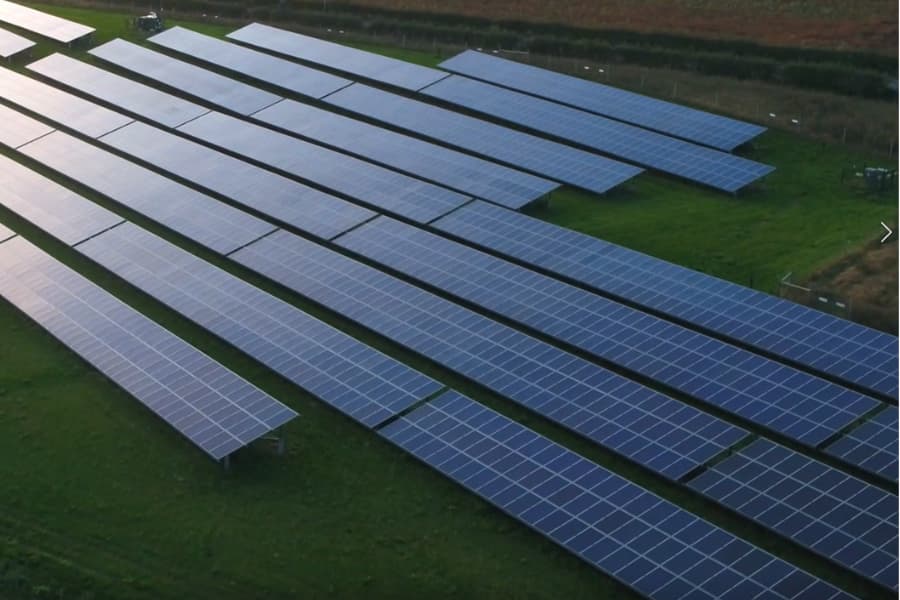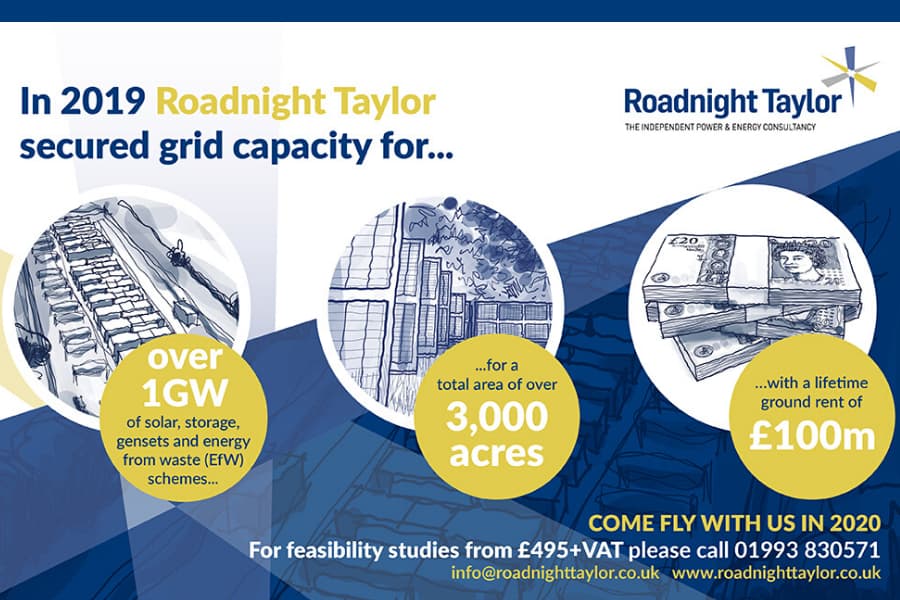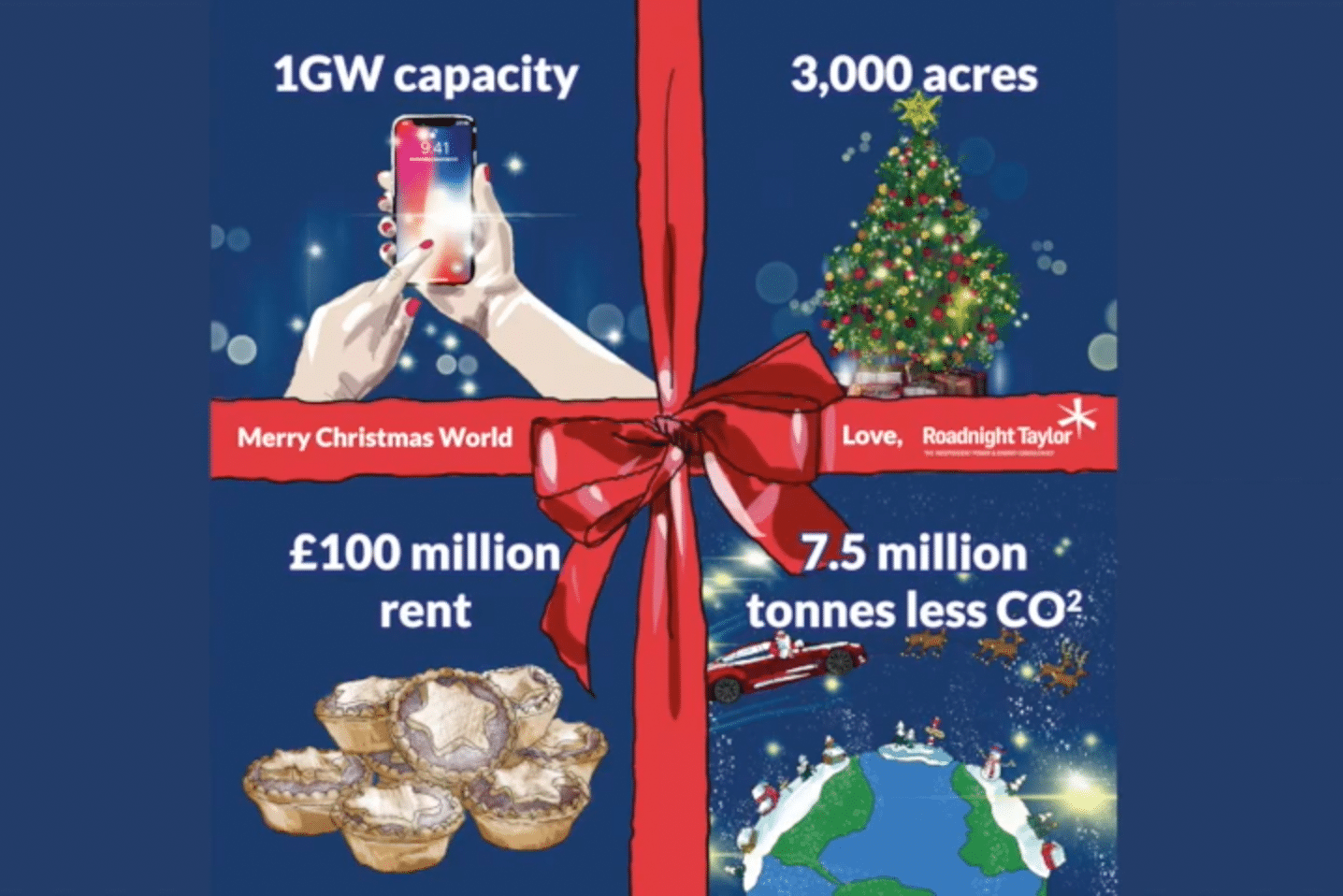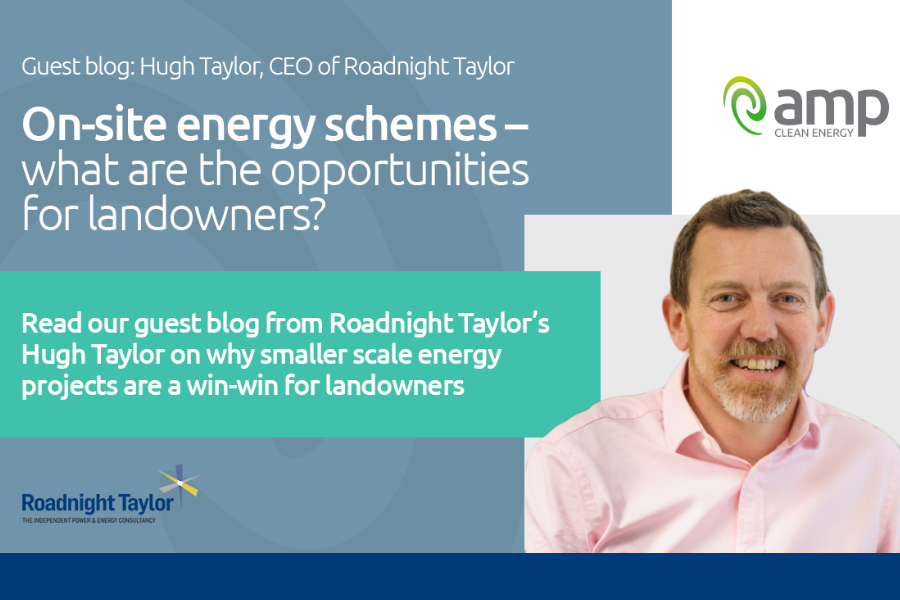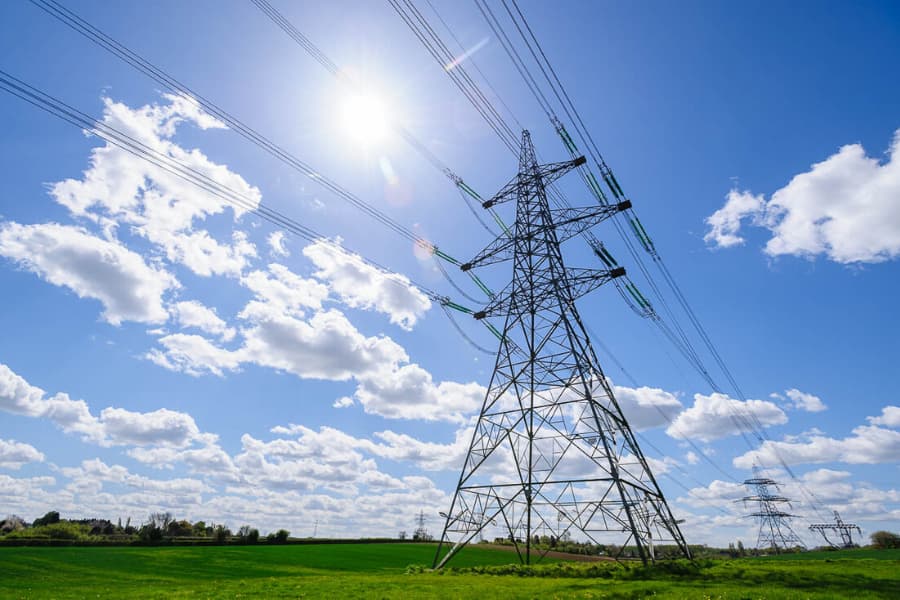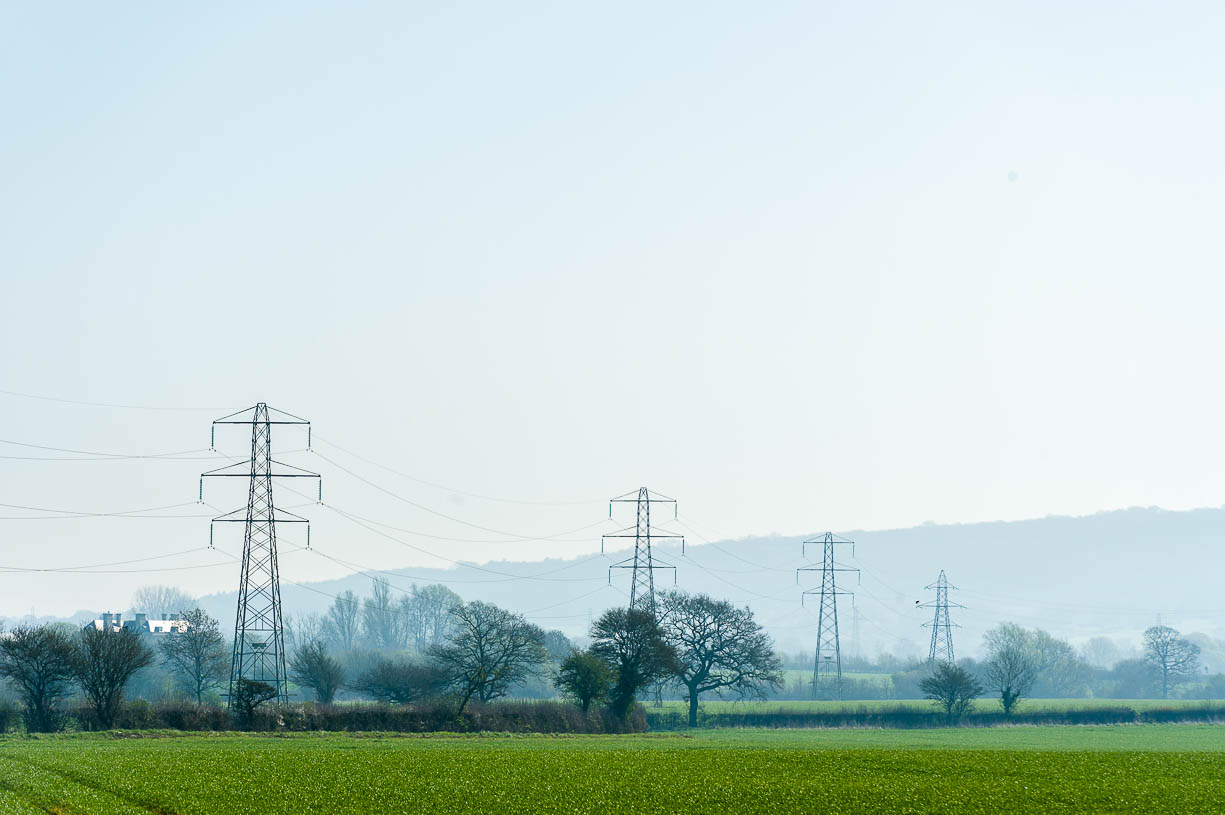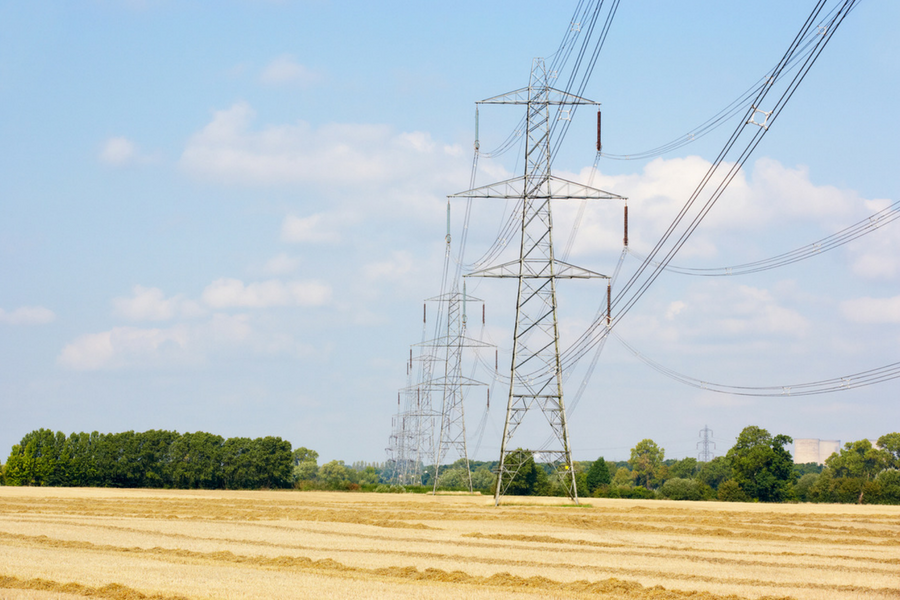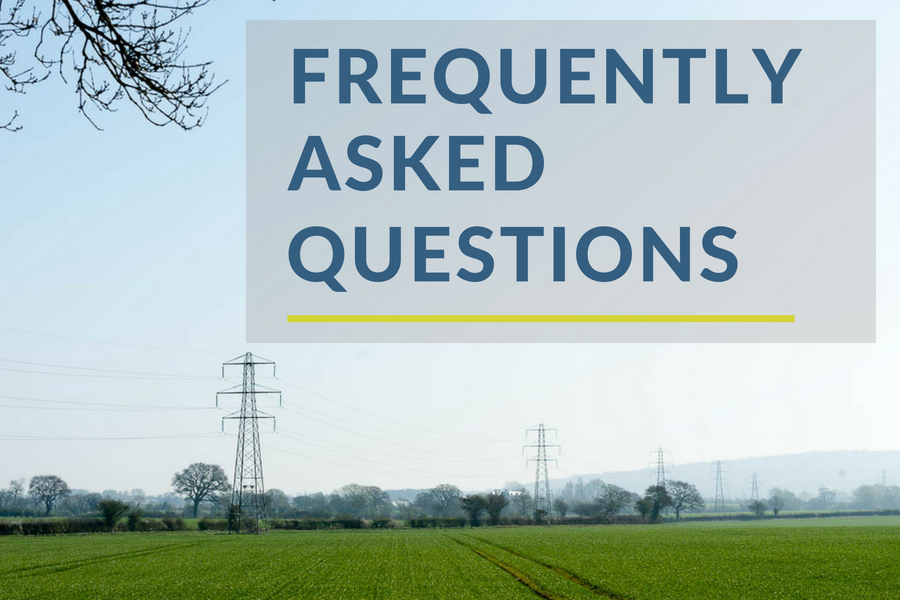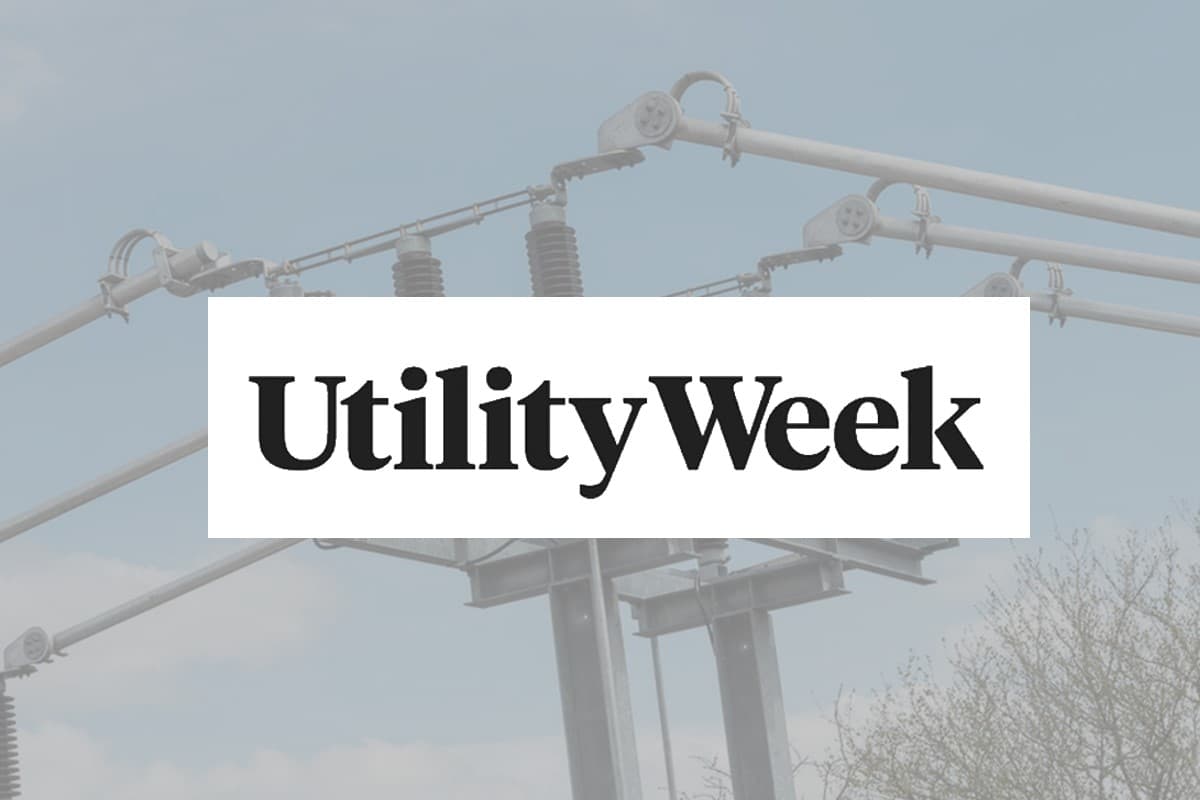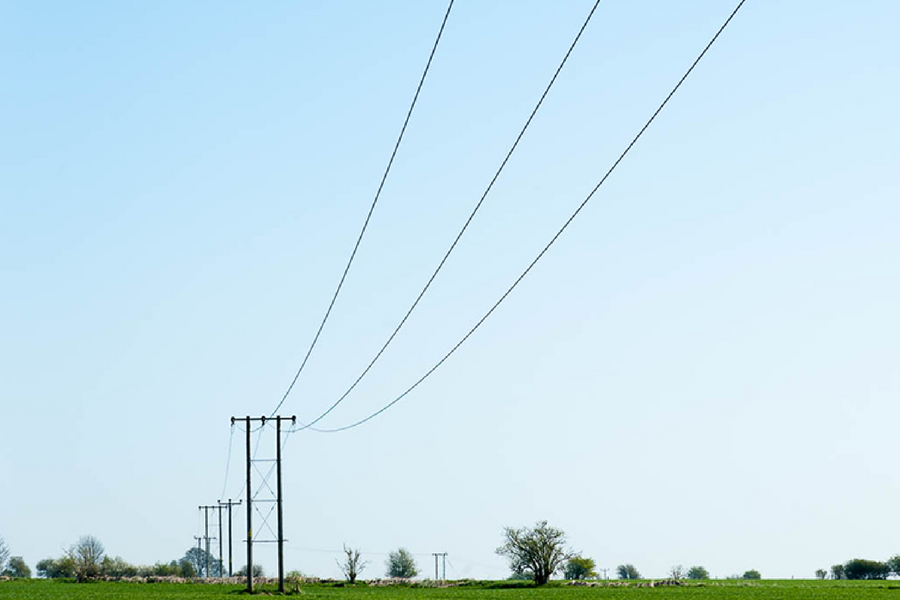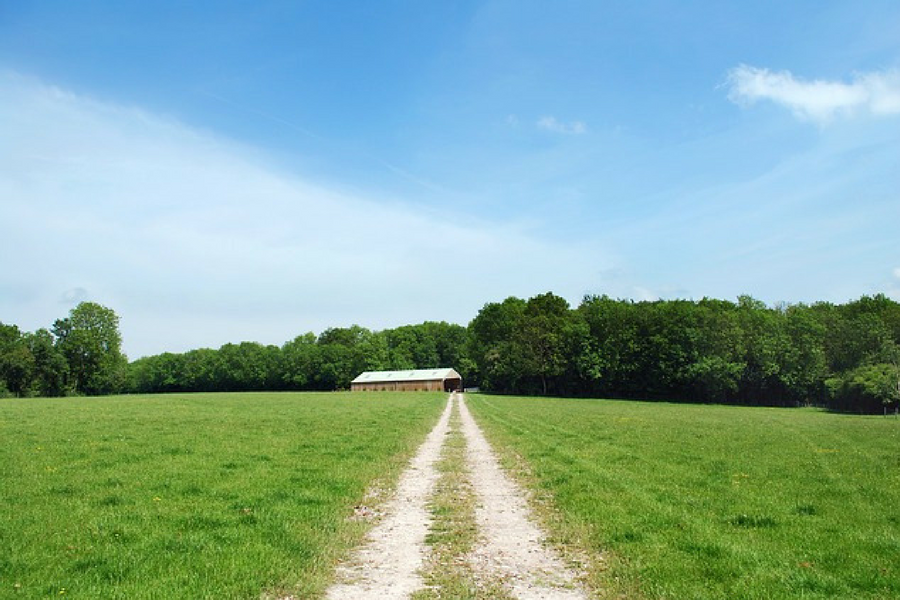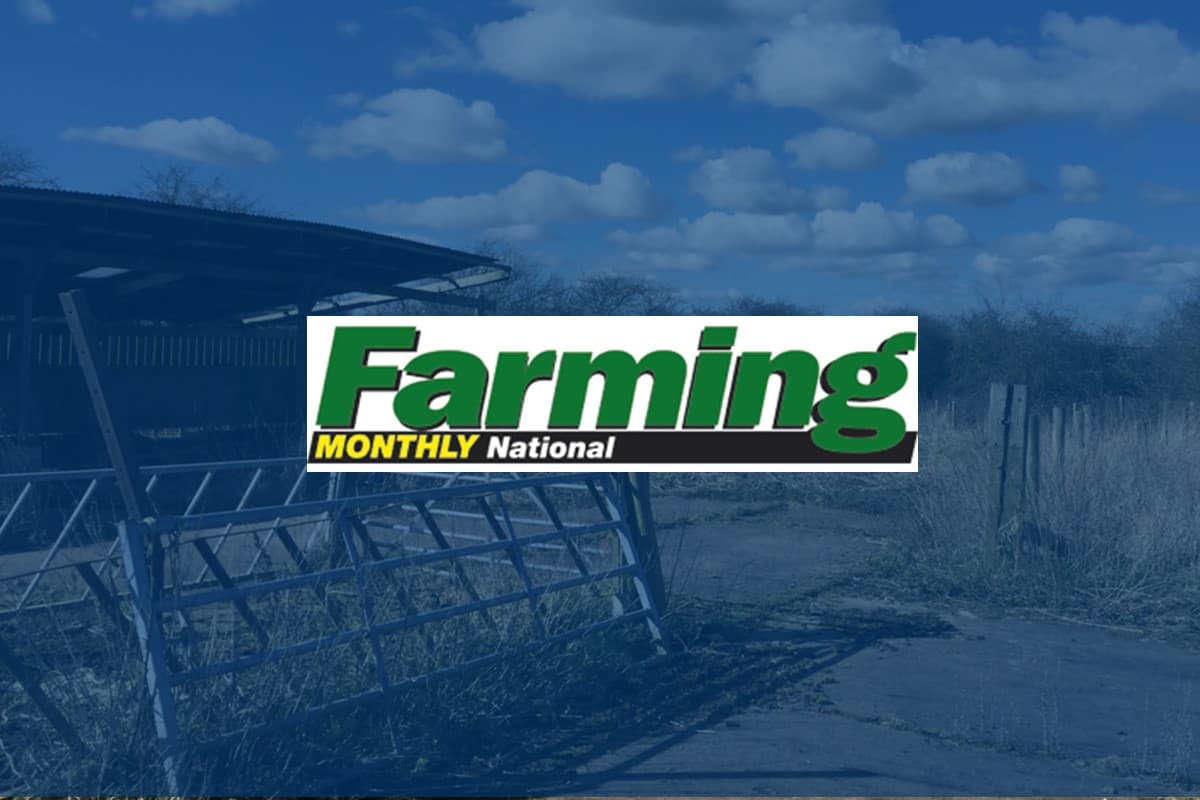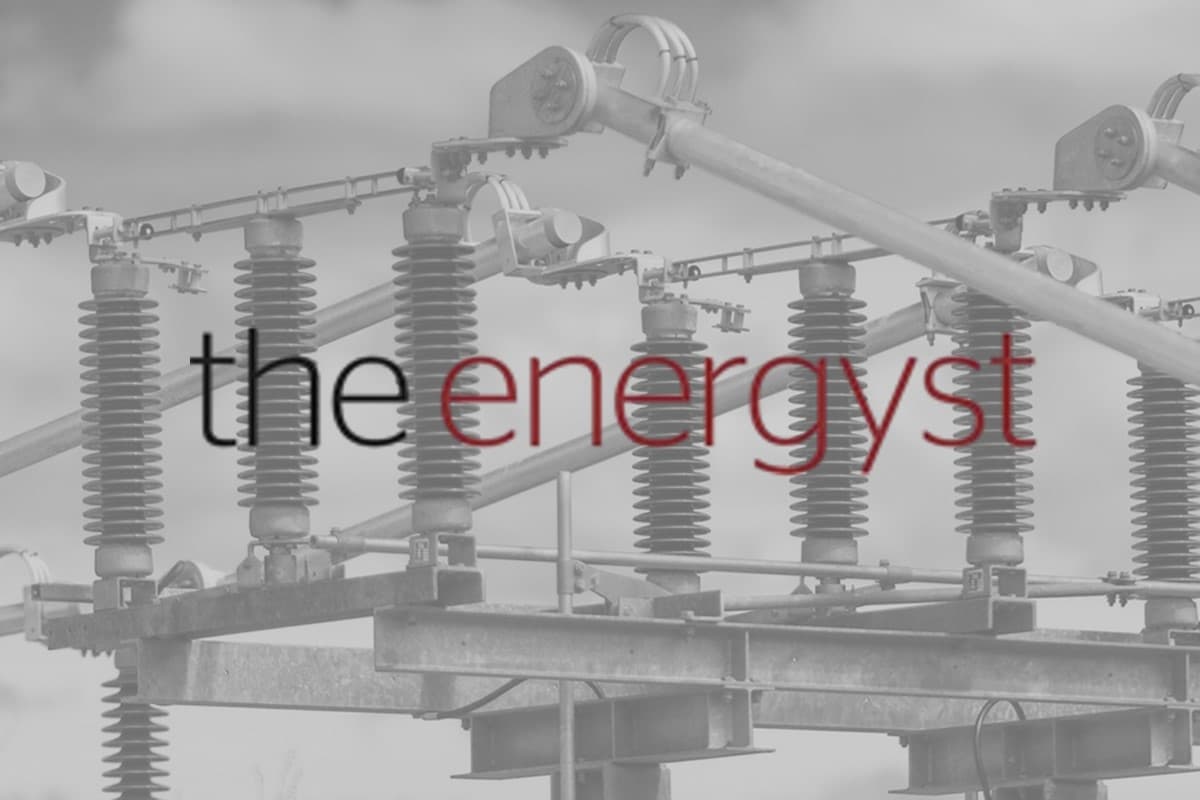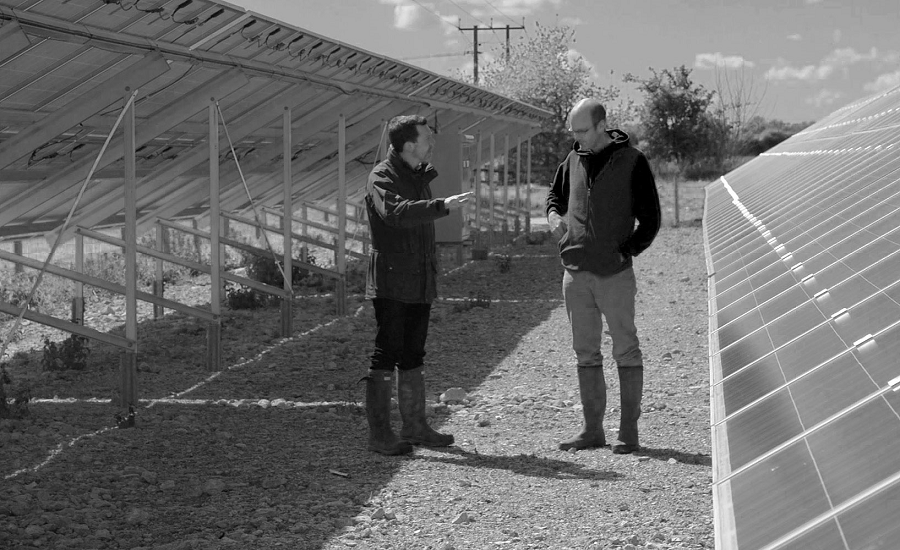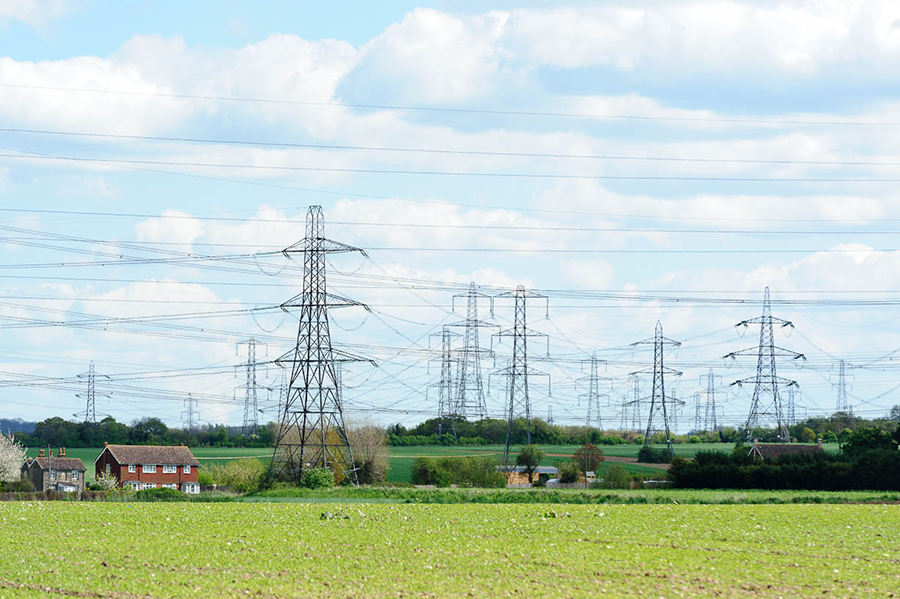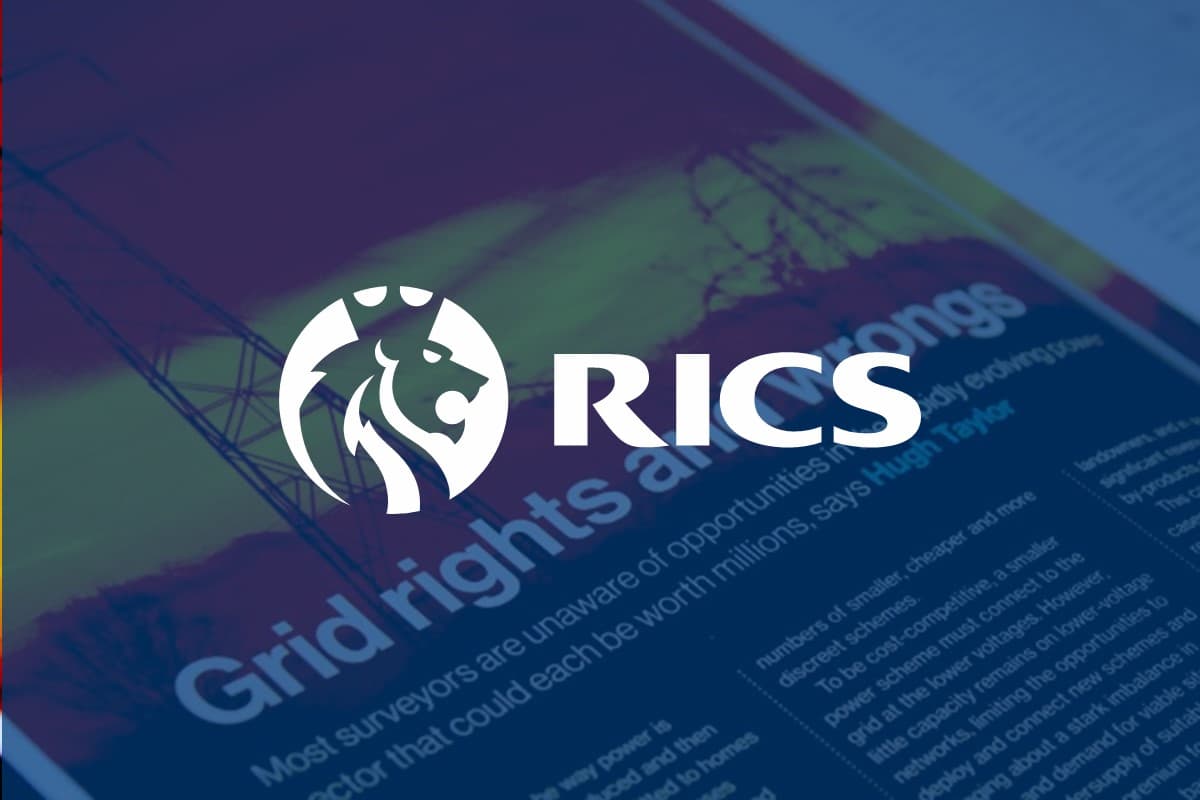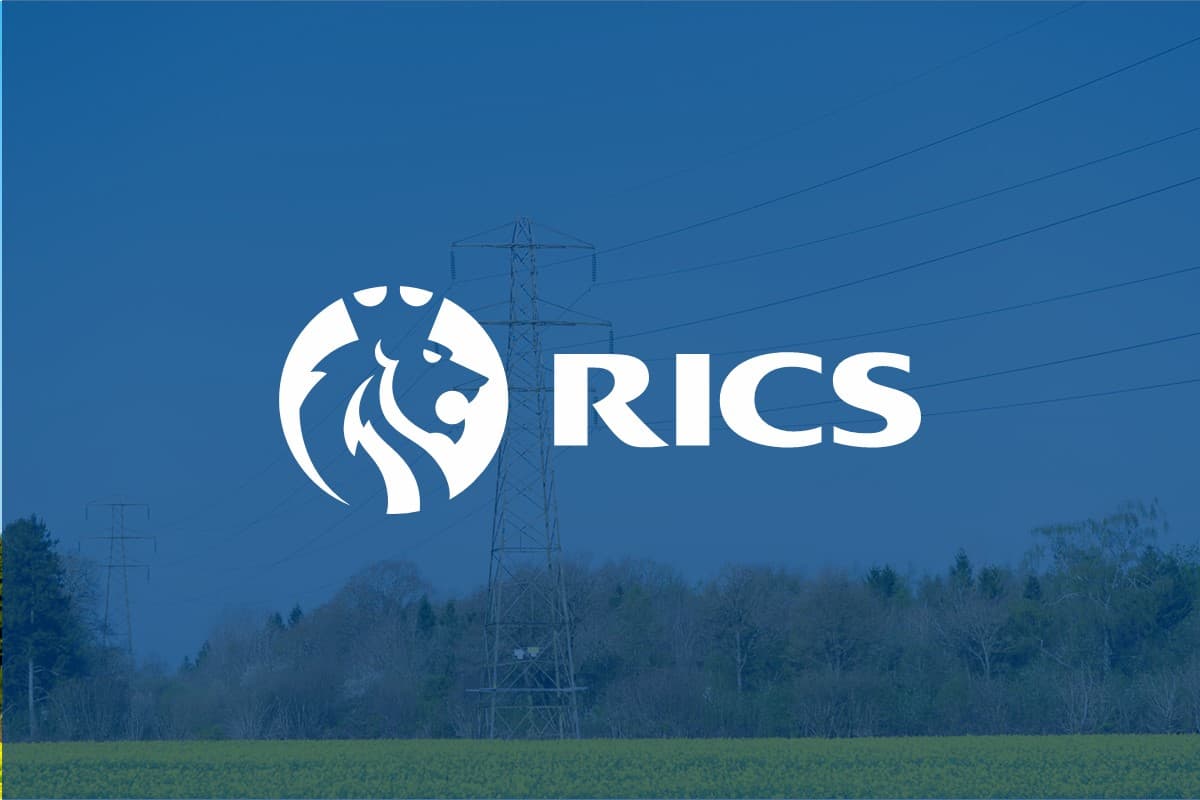Utility Week reports on our warning over growing revenue risks from network outages
Utility Week reports on our press release which warns energy project developers about the growing revenue risks from network outages.
Energy developers are unaware of risk to investment due to circuit outages and stand to lose millions
Our press release on how energy developers are unaware of risk to investment due to circuit outages and stand to lose millions.
Our CEO’s insight on Connections Reform
Connections Reform - what do you need to know? With radical change fast approaching, our CEO Hugh Taylor shared his insight with Current±.
Our open letter to Ofgem – reforming the mechanism for supergrid transformer charging
In an open letter, we have urged Ofgem to draw its attention to the critical importance of ensuring there is a more appropriate mechanism implemented for charging for supergrid transformer reinforcement. The current charging mechanism is creating stalled and cancelled projects caused by funding risks for investors.
Agricultural land use assessments, best and most versatile (BMV) land and solar developments
Solar developments on Best and Most Versatile (BMV) Land have come under increasing scrutiny by Local Planning Authorities (LPAs). Roland Bull, Head of Rural Investment at Bidwells provides insight.
The costs of getting the energy scheme development process wrong
From finding sites through to selling shovel-ready schemes and energisation, many developers will be aborting schemes and/or suffering financial losses. David Peill of One Planet Developments drills into the costs and losses.
Podcast: The grid connection feasibility studies webinar – who should tune in, when and why
Hugh Taylor explains why our Connectologists®have volunteered to share so much feasibility know-how in a webinar, how they will do so on the day - and who will get the most out of the webinar
Podcast: Optimising flexible connections to maximise income – what every good Development and Investment Director should know
Optimising flexible connections to maximise income – what every good Development and Investment Director should know
Financial Times approaches Roadnight Taylor for deeper understanding of grid connection delays
Our CEO Hugh Taylor has been quoted in an article in the Financial Times that explores the delays in connecting to the grid that are threatening Britain’s net zero targets.
How to choose the right grid consultant
With the renewable energy, energy storage, commercial and industrial and datacentre industries now awash with developers and investors, how can those looking to originate or acquire schemes be confident that they are making the right decisions and investing their time and money – and their valuable opportunities – in the right company or consultant?
Podcast: Tertiary connections – what every good Development and Investment Director should know
Tertiary connections - what every good Development and Investment Director should know
Podcast: The Significant Code Review – what every good Development and Investment Director should know
The Significant Code Review: what every good Development and Investment Director should know
Podcast: National Grid’s TEC Amnesty – cool strategies that good Development and Investment Directors should know
National Grid’s TEC Amnesty - cool strategies that good Development and Investment Directors should know
Green hydrogen – what role can it play in solving grid issues, and more…
With the potential to unlock additional revenue for renewables projects, green hydrogen can be an avenue for developers to explore. Hugh Taylor spoke to Will Turner at Octopus Hydrogen to find out more.
Flexible connections and flexibility services
Hugh Taylor spoke to Chris Collins of Baringa to start a series of blogs looking at flexible connections and flexibility services.
Managing land rights consents in the changing grid connections landscape
Hugh Taylor spoke to Laura Wilson, Director at Connections Legal Management (CLM), about how the rapidly changing grid connections industry is impacting on the demand for land rights legal management and the specialist services that developers are seeking.
Grid expertise delivers unprecedented connection success for Novus
In less than three years, Novus has secured more than 1,100 megawatts-worth of viable grid capacity across 34 sites – at distribution level alone. They put this success largely down to employing Roadnight Taylor.
The importance of increasing the biodiversity of solar farms for developers and other stakeholders
Everoze’s Ellie van der Heijden spoke to Hugh Taylor about the importance of improving biodiversity of solar farms for developers, and how they can work with landowners and other stakeholders to achieve it.
How to boost the chances of delivering a project on time and on budget
From start to finish, any connections project to higher voltage networks involves a complex set of actions and elements. Getting anything wrong could bring quality, cost and timing issues – or worse, halt the project in its tracks. We explain why getting it wrong can be costly, and introduces a series of articles that will cover in more detail the actions and elements to get right.
Green Recovery Scheme call for evidence – take a considered approach
Hugh Taylor warns submissions for the Energy Networks Association Call for Evidence for the Green Recovery Scheme must be carefully considered and clearly demonstrate how a scheme will deliver against Ofgem & DNO objectives.
The fundamental elements of clean energy scheme leases
TLT’s Maria Connolly, who’s team has provided legal advice to a number of Roadnight Taylor’s clients, spoke to Hugh Taylor on what both landowners and developers should be looking for in clean energy scheme leases.
Our 2020 results
We thought our achievements in 2019 were phenomenal, but 2020 was our true breakthrough year. We secured over two gigawatts-worth of capacity for solar for clients, saved our developer clients many £millions in connection offer non-contestable costs and more...
Overcoming grid capacity issues – Solar and Storage Live 2020
Hugh was invited to take part in a panel discussion at the virtual Solar and Storage Live event in December 2020. You can watch the recording here. The panel discussed the barriers and opportunities for addressing grid capacity, and how we can get the most from existing grid infrastructure to deliver Net Zero efficiently.
Farming’s role in the evolving energy market – Farmers Guardian
Hugh spoke to Farmers Guardian about the opportunities for renewable energy schemes available to landowners and how to maximise the chances of achieving viable solar farm, wind farm and battery storage schemes.
Save £1,000s with National Grid grant
Recent regulatory changes require technical modifications to renewable energy schemes’ grid protection arrangements. Thousands of rural businesses could face massive remedial costs on renewable energy systems unless they apply for a National Grid grant by 9 February 2021.
7th birthday – our success in numbers
Roadnight Taylor turned 7 years old today which calls for a look back at where we’ve come from and what we have achieved. Read on to find out about our successes and 7-year highlights in numbers including our schemes, team growth, presentations and cups of coffee!
Farm diversification income from energy projects – frequently asked questions
As rural landowners look to diversify and tackle the economic challenges post-Brexit, energy schemes can offer those with viable sites a new income solution. We’ve compiled a list of answers to the most common questions we get asked by landowners - including likely incomes.
Contracts for Difference Scheme: the impact on the solar site acquisition market
Hugh Taylor spoke to Michael Beale, Director of Business Development UK at Lightsource BP to ask him what impact this CfD announcement would have on the solar farm site acquisition market.
Energy Opportunity – RICS Land Journal
Hugh was invited to write for the RICS Land Journal. He covers the energy scheme opportunities for landowners, the different approaches, the current issues and technology options, and how to maximise chances of success.
Electric Vehicle Evolution – CLA Land & Business
The opportunities for electric vehicles and EV charging including delivering competitive advantage, raising customer satisfaction, highlighting environmental credentials, adding income and gaining rent from hosting infrastructure.
Farm diversification into energy: the options and returns
There's never been a better time for landowners to seek diversification income from leasing land to energy schemes, or becoming self-developers or owner-operators. But we urge them to take appropriate and independent advice.
Penny wise, millions foolish – a lesson in the cost of not using expert advisors in energy scheme developments
A solar developer achieved a grid connection offer for a solar farm site but missed a crucial stage in the process and so failed to secure and safeguard the grid rights - thus losing out on any opportunity. What should they have done?
Our 2019 results
In 2019 we secured grid capacity for over 1GW of solar, storage, gensets and energy from waste (EfW) schemes, on over 3,000 acres with a lifetime ground rent of £100m. Why not join us in 2020?
Roadnight Taylor 2019 Festive Stats
After a spectacular year in which Roadnight Taylor Ltd really came of age, we totted up some of our successes in 2019. A huge thank you to our extraordinary and talented team - and all the developers, businesses, public sector bodies and site owners who put their faith in us in 2019. Happy Christmas!
On-site energy schemes – what are the opportunities for landowners?
Hugh was interviewed by AMP Clean Energy for their guest blog. He discusses the on-site energy opportunities for landowners and developers, and why decarbonisation is driving demand for sites that can host flexible generation assets.
Prime opportunity for energy schemes but take care
The average landowner’s chances of getting an energy scheme are greater now than ever. But, there has also never been a more appropriate time to be prudent and not sign up with the first developer that knocks at the door.
Grid expertise secures a successful outcome – but it was too late for another
Two recent cases where our considerable level of grid expertise has been demonstrated. One case led to a lucrative outcome for a developer. The other highlighted why getting us involved at the start of a project will achieve better outcomes.
Interested in energy schemes? Check grid capacity
Press release: Landowners interested in securing income from energy schemes should not be put off by an apparent lack of grid capacity. Grid availability is changing all the time, with success often depending on timing.
The rise of the lean and nimble developer
We've been approached by eight energy developers in the last two months seeking expertise that they would have traditionally resourced in house. Hugh explores the factors shaping the energy industry and causing this trend.
Large-scale solar back on track for rural estates
Press release: Developing large-scale solar parks is becoming viable again, particularly for rural estates looking to invest. Our CEO gives his views, along with the lending perspective from the head of landed-estates at Barclays, and the tax benefits from Old Mill Accountants.
Failure to check energy potential of land could cost millions
Press release: Land agents and farmers buying and selling land should ensure they check the potential for energy projects before proceeding, to avoid missing out on valuable contracts.
The return of the large-scale standalone solar market
As solar technology prices decrease and energy prices increase, we are at a tipping point in the large-scale solar market. With opportunities returning, large-scale solar, located with or without batteries, can offer landowners with the right sites a strong diversification income.
Large-scale solar makes a comeback
Large-scale solar power projects are set to make a comeback as costs decline – and landowners should act now to secure rental agreements.
Beware developers off-loading grid connection rights, warns Roadnight Taylor
Press release: Landowners should be cautious of offers to buy grid connection rights for battery storage schemes. No matter what the situation or the fee, there can be substantial financial obligations within accepted grid offers - and the site may not even be viable.
Farm diversification income from energy projects – frequently asked questions (as at 2018)
As rural landowners look to diversify and tackle the economic challenges post-Brexit, energy schemes can offer those with viable sites a new income solution. We’ve compiled a list of answers to the most common questions we get asked by landowners.
Get in or miss out, warns Roadnight Taylor
Press release: Landowners who are considering generating or storing energy should act fast before grid capacity runs out. The electrical grid is heavily constrained with some areas having only pockets of capacity remaining. So even where a site has good planning and access attributes, it may not be able to get a grid connection which stops a project in its tracks.
13 Do’s and Don’ts for securing lucrative ground rents from energy schemes
There are opportunities for landowners to earn diversification incomes from power generation and energy storage schemes. We give some tips to ensure you secure the best ground rents from hosting such schemes.
Battery storage versus gas gensets – a market snapshot
We are currently seeing a stronger market and appetite from developers for gas genset sites compared to battery storage sites. This results from several related market conditions which we explain below.
Don’t miss National Grid’s deadline
Press release: Time is running out for landowners who want to host a large-scale power generation or battery storage scheme, with a key deadline looming.
How assessment and design fees became connection offer expenses
Hugh was invited to contribute a feature article to Utility Week. Given the impending Connection Offer Expenses that Distribution DNOs can charge from 6 April 2018, he surveyed his contacts at the DNOs to get an idea of their charging intentions.
Act quickly to avoid grid application fees
Press release: Farmers and landowners interested in energy generation or storage projects should act quickly to avoid potentially steep fees. From 6 April network operators in England, Wales and Scotland will be able to charge up-front fees for grid connection offers, which could run into thousands of pounds.
Tread carefully with grid advice before paying for an application
Many landowners have contacted us recently after they've been approached by firms touting grid advice and persuading landowners to sign up to up-front fees for making a battery storage grid application. Read how you should beware of this approach and find out how we are different.
A sad day caused by grid connection application scandal
A sad day caused by grid connection application scandal This article was first published on Linkedin on 30 November 2017 and was picked up and republished by The Energyst. I rang to say goodbye and good luck to a brilliant System Planner (an extra-high voltage network designer) who is leaving one of our favourite Distribution Network Operators yesterday. It was upsetting to hear he is leaving because of the huge volumes of grid applications he receives that don’t proceed. He believes that out of every 100 applications he processes, only five grid offers are accepted and only two offers see [...]
Discover your battery storage opportunities ahead of your neighbours
We were delighted to be asked to contribute an article to Farming Monthly after they had seen an article by Hugh in another publication. The article below was first published in Farming Monthly's digital edition - September 2017.
‘Grid is King’ for any stand-alone or co-located scheme
We are delighted that our CEO, Hugh Taylor, has been interviewed for The Energyst. Grid is King for any standalone or behind-the-meter, single technology or co-located schemes.
Subsidy-free stand-alone solar is coming, but it isn’t quite here yet
At the end of September the UK's first subsidy-free solar farm was unveiled. There is no doubt that this scheme is a step forward for the renewables industry. However, even though this scheme was financially viable without any subsidies, it doesn’t mean that every large solar scheme will be, in the short term.
What makes a good gas genset site?
Most of the 'noise' in the energy industry is about the lucrative opportunities from battery storage, and we've written about sites that are suitable for battery storage before. However, batteries are not suitable for all sites or all parts of the electrical grid. A gas genset may be suitable for sites where a battery storage isn't.
Find out if you have viable battery storage or power scheme sites
Any battery storage or power generation scheme will need a cost-effective grid connection. It may also need planning consents, land rights, the right generation or demand profile, sufficient budget and an appropriate return on investment.
How to choose the right grid consultant
With the power generation and energy storage industry awash with developers and consultants, how can landowners looking to invest in energy schemes be confident that they are making the right decision and investing their time and money in the right company or consultant?
Do you have a site suitable for battery storage?
Numerous factors must conspire for a site to be viable for battery storage. See how you should find out if you have genuine potential for a site in this article first published in Energy Now magazine.
Be proactive. Don’t wait for a developer to come to you.
To get the best out of any scheme we encourage landowners to be proactive and investigate their energy opportunities. If appropriate, seek permission to connect to the electrical grid before a developer approaches them. Maintaining control throughout the process is key to success.
Is battery storage suitable for your farm?
Hugh contributed to an article on battery storage in the National Farmers Union (NFU) British Farmer and Grower magazine in February 2017. He explained that farmer or landowner-owned battery storage schemes are best suited to sites that have year-long, high and variable power use – for example for processing, heating or cooling - ideally twinned with high and intermittent on-site energy generation.
Woah! Hold your horses on battery storage!
Hugh urges those spouting forth the huge opportunities from battery storage to approach storage much more cautiously. He looks at the pitfalls and correct approaches to leasing sites to storage developers and self-funded schemes.
Grid rights and wrongs
Excerpts from an article written by Hugh Taylor for the RICS Property Journal. In the full article, Hugh looks at the growing market for small decentralised power schemes, highlights how grid rights can be valuable, and how to avoid common grid right pitfalls.
Rural energy revival
Excerpts from an article Hugh Taylor had published in the RICS Land Journal in June 2016. Hugh examined the current and future prospects for energy opportunities for rural landowners, details some of the complex systems that National Grid use to balance grid supply and the revenues that could be available to landowners.

